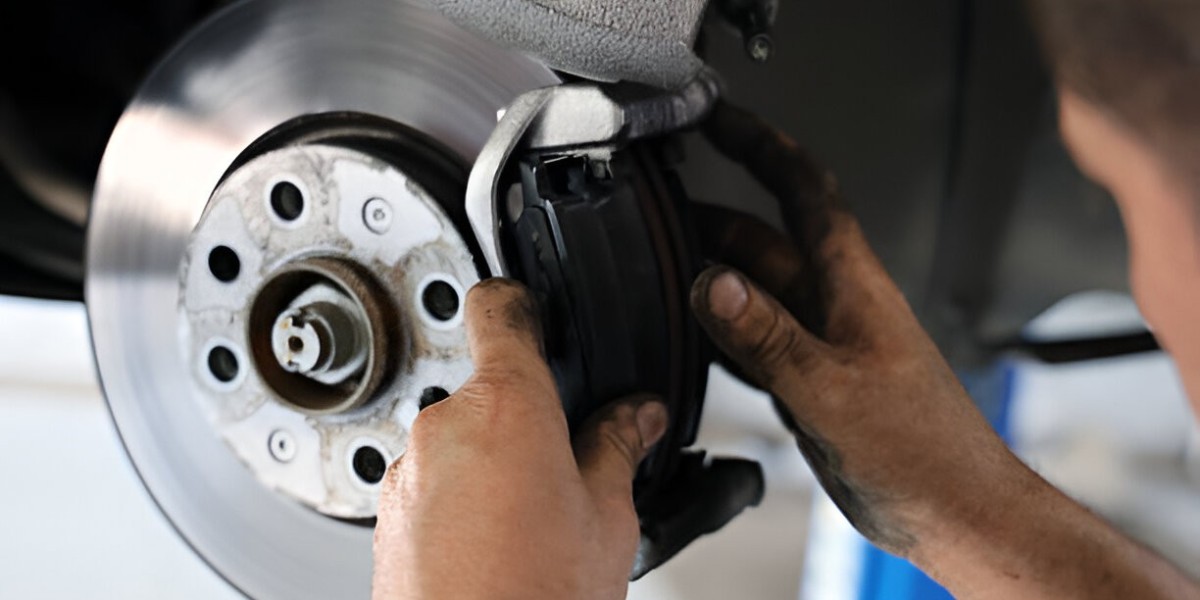In India’s rapidly growing food industry, consumer trust and food safety are more important than ever. Whether you run a home kitchen, a bustling restaurant, a food truck, or an online snack brand, one thing is certain: you need to be FSSAI registered.
The FSSAI license, issued by the Food Safety and Standards Authority of India, isn’t just a legal formality—it’s a stamp of safety, quality, and reliability. In this article, we’ll explain what FSSAI is, why it’s important, and how it can help your food business succeed.
What is FSSAI?
FSSAI stands for the Food Safety and Standards Authority of India. It’s the government body that ensures all food in India is safe for consumption. Created under the Food Safety and Standards Act of 2006, FSSAI is responsible for regulating and supervising food safety standards across the country.
The FSSAI license is mandatory for anyone involved in food production, processing, distribution, storage, or sale. This includes:
Restaurants and cafes
Cloud kitchens and food delivery brands
Home-based food sellers
Packaged food manufacturers
Dairy, meat, or seafood businesses
Grocery and retail stores
Importers and exporters of food items
Why Your Food Business Needs an FSSAI License
1. It’s Legally Required
FSSAI registration isn’t optional—it’s the law. If you’re running any kind of food business in India, you must have a valid FSSAI license. Without it, you risk heavy fines, legal trouble, or even getting shut down. Simply put, getting licensed keeps your business legal, safe, and ready to operate without any worries.
2. Builds Customer Trust
Customers today are smart. They check labels, they care about hygiene, and they want assurance. When they see an FSSAI number on your packaging, menu, or food truck, it tells them your food is safe, clean, and follows government-approved standards. This builds trust and loyalty.
3. Boosts Business Growth
An FSSAI license can unlock major growth for your food business. Whether it’s landing bulk catering contracts, partnering with supermarkets, or getting listed on platforms like Zomato and Swiggy—FSSAI compliance is often a must. It shows you’re serious about quality and safety, making it easier to expand and attract high-value opportunities.
4. Improves Food Quality and Standards
FSSAI registration pushes food businesses to maintain high standards in every area—clean packaging, correct labeling, safe ingredients, and hygiene practices. These guidelines help you deliver consistent quality, which builds trust and keeps customers coming back. It’s not just about following rules—it’s about creating a better experience that boosts your brand’s reputation and growth.
5. Helpful in Branding and Marketing
An FSSAI license is more than just a legal requirement—it’s a powerful branding tool. Displaying your FSSAI number on packaging, menus, websites, and ads builds customer trust. It shows that your food business follows safety standards, values quality, and operates professionally—giving you an edge in marketing and helping attract health-conscious, loyal customers.
Types of FSSAI Licenses
FSSAI offers three main types of licenses based on your business size and turnover:
1. FSSAI Basic Registration:For small food businesses with annual turnover up to ₹12 lakhs. Example: home bakers, tiffin services, small stalls.
2. FSSAI State License:For medium-sized businesses with turnover between ₹12 lakhs and ₹20 crores.
Example: mid-size restaurants, cloud kitchens, small manufacturers.
3. FSSAI Central License:For large businesses with turnover above ₹20 crores or those involved in import/export.
Example: large-scale manufacturers, food chains, exporters.
Your license type depends on your business scale, nature, and location.
How to Apply for FSSAI Registration
Getting FSSAI registration is not as complicated as it may seem. Here’s a simplified process:
Go to the Website: Visit the official website of fssai registration.
Fill Your Details: Type in your name, mobile number, email, business name, address, and what kind of food you deal with.
Upload PAN Card: Take a photo and upload it
Check & Submit: Double-check your info. If all looks good, click Submit.
Pay the Fee: Pay online using UPI, card, or net banking. The amount depends on your business size.
OTP Call: You’ll get a call to confirm your number with an OTP (one-time password). Just tell them the code.
Inspection(If Needed): For some businesses, an officer might visit your place to check cleanliness.
Get Your License: After approval, you can download your FSSAI license from the website.
Also Read: FSSAI Registration Renewal Process in India
Conclusion
Getting an FSSAI license isn’t just about following the rules; it’s about building a solid foundation for your food business. It shows your commitment to quality, safety, and professionalism. Whether you're a home-based entrepreneur or aiming to become a national brand, FSSAI is your first step to success.
So don’t wait. If you’re in the food business, make FSSAI registration your top priority; it’s the license every food business needs to grow, succeed, and earn customer trust.








